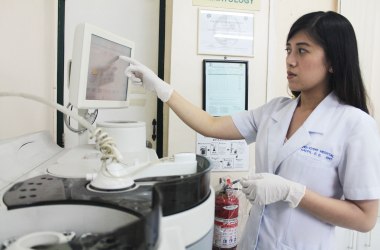Clinical Laboratory Operations

Topics Covered
This course will enable the lab professional to understand
- The different kinds of clinical labs
- Licensing, certification, and accreditation processes
- Proficiency Testing
- What constitutes “qualified personnel”
- Quality Assessment and Quality Control
- Lab Safety and Ethics
- Lab instruments and validation of lab tests
- (FDA) Approved clinical lab tests vs lab developed tests (LDTs)
- Inspection processes by government agencies and accrediting organizations
About Clinical Laboratory Operations
This course is an overview of the basic components of clinical laboratory operations and provides a general guide, from government requirements for licensing and certification, to laws and regulations regarding lab procedures and practice. While this presentation is based upon the “American Model” of lab operations, the author has found that there are elements that are common to all labs that must be addressed world-wide. Appropriate utilization of lab tests has a significant impact on patient safety and treatment, as more than 70% of all medical diagnosis and treatments (in the U.S.A.) are based on lab test results. It is important that the lab collaborates with physicians and other health care providers in the interpretation of lab testing results so that the physician can use the test result appropriately in the context of the patient’s clinical presentation, physical examination, and medical history.



